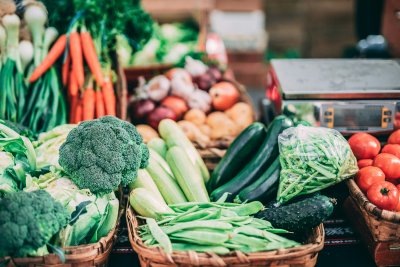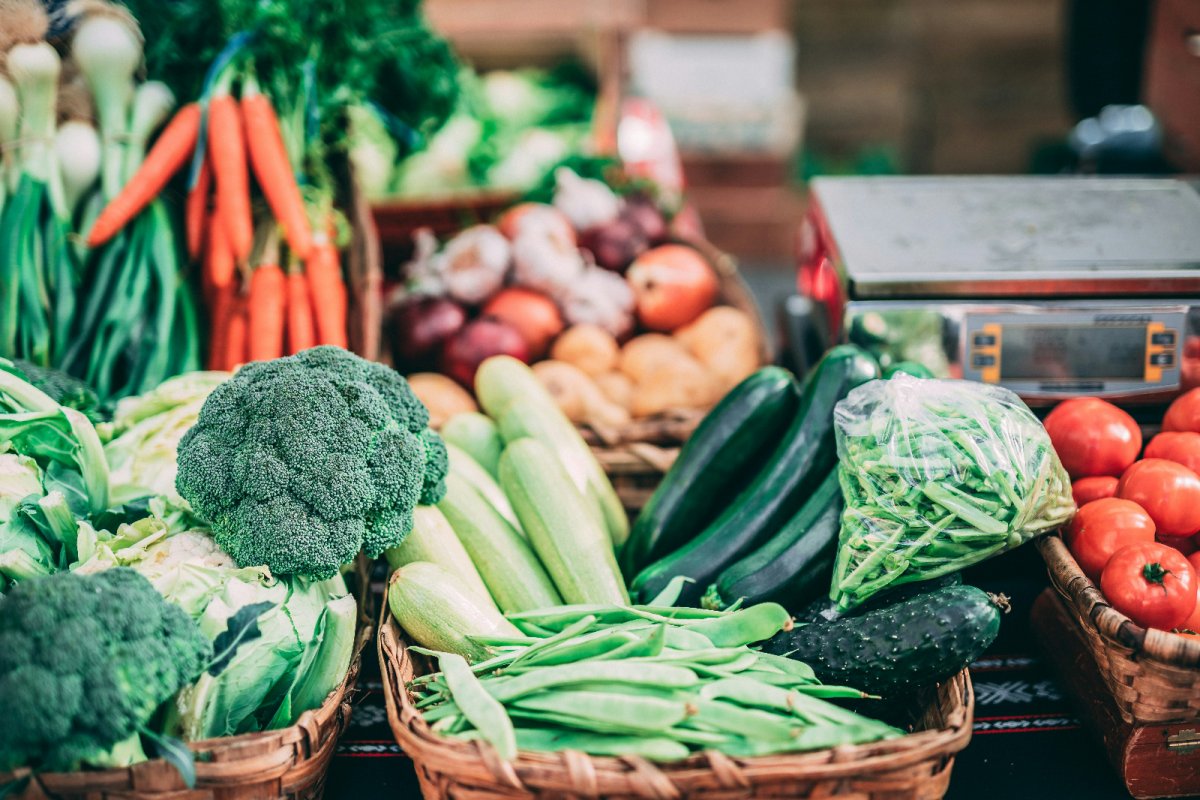 Several baskets of colourful vegetables on a table. Credit: Iñigo De la Maza | Unsplash
Several baskets of colourful vegetables on a table. Credit: Iñigo De la Maza | Unsplash

Waltham Forest Council - Social Investment Case study
A Q & A with Waltham Forest Council's Communities Team
The London Borough of Waltham Forest have worked with the Waltham Forest Food Partnership to develop their Food Innovation Fund. Through the Food Innovation Fund, Waltham Forest Council will offer grants to local voluntary and community sector (VCS) groups who want to move towards more innovative food practices and a more diversified offer of food support for residents. The fund will support development of community food enterprises which are innovative, community-led, and sit outside the traditional food bank model.
Alongside funding these projects to startup, the council and food partnership also offered support to help organisations to be ‘investment ready’ and will also offer business support during the year of funding and beyond.
We spoke to the Communities Team at the council to find out more about why the council is investing in community food projects.
Why is the council investing in community food projects and what will you gain from it?
Waltham Forest has a very strong VCS, doing amazing work and reaching a diverse group of residents. Regarding food, Waltham Forest has the Food Growers Network and the Food Resilience Network, bringing together VCS organisations to work together. The council doesn’t have these same links and alone won’t be able to have a wide reach, therefore we need to support and work with the VCS to have the most positive impact on residents.
The VCS knows and understands the issues in their communities and through food projects are able to offer much more than food, with wider benefits around reducing social isolation and improving wellbeing. However, they may be struggling to get enough funding to get a project off the ground, or to employ someone that can support innovation. There is a desire to invest to support growth in this sector, and specifically support development of projects that can be sustainable going forwards and less dependent on council support.
We want to move towards investing in communities and complimenting that with the trust that the VCS knows what they are doing and can come up with more targeted and effective solutions than councils can. We will gain more by working in partnership and working to people’s strengths, which will help to build resilient, thriving community food spaces in Waltham Forest and tackle food insecurity. As well as offering funding and business support, we can link up projects with wraparound support such as benefits advice and wellbeing services.
Why is the council investing in projects outside the food bank model?
We want to invest beyond the food bank. If we don’t, we won’t move away from this model and we know it isn’t financially sustainable, while we have other models operating in the borough which are working. We need to empower people who are able to pay to support positive food spaces and have access to support which will stop them from experiencing financial crisis. As part of sustainability, we also need to consider skills around food and nutrition, environmental factors, health, and other community outcomes.
We have looked at the food ladders model and identified a large gap – while we have several strong food banks in Waltham Forest, and there remains a need for them, there is a huge jump from receiving emergency provision to shopping in supermarkets. We have some different trading models in the borough which are working and want to expand on these. We would like to see this integrated with holistic, wraparound support services.
What impacts are you looking for?
We will continue to support successful projects beyond the fund and are currently thinking about what evaluation will look like. We want to tack progress towards establishment of a new service or model, if they are able to recruit staff or more volunteers, and evidence of how that is impacting residents. This will look different depending on the project, but overall, we hope there will be more information, advice and support around food and more opportunities to engage with holistic services. We want to broaden the options for people, so Waltham Forest has a more resilient food system, as well as other benefits to the community of bringing people together, building confidence and learning new skills.
We are keen to support new and innovative ideas which will reach diverse groups of people and tackle inequalities.
Have there been any issues or challenges with the process?
Funding is an issue as budgets get tighter each year, but as a team we get more creative with how we spend the money and pass this on to the community, and within the council there is strong will to do this.
We had such a good response to the fund it was difficult to choose – which is a good problem to have! If we had a bigger pot of money and more capacity, we would have been able to support more projects. For groups that weren’t successful, we will try to offer further support including one-to-one sessions, the opportunity to join the community participation network, and share further funding opportunities with them.
What would you like to see in the future?
More organisations delivering creative, innovative projects which are sustainable financially and support people with their food needs, from health, education, access, and climate perspectives.
In an ideal world, there would be less food banks because there would be less need for them, but there would be stronger community food provision, so people have more choice, and good access to all the other wraparound support.
This builds into our wider work with the food partnership, celebrating food across the borough, and tackling key issues around food insecurity, health, growing the local food economy and promoting planet-friendly food. Where people can they pay for food projects so these spaces are more sustainable and offer other benefits such as learning about different food cultures, growing food, cooking, learning about nutrition, and sharing food with others.
Good Food Enterprise: Working to provide food that is good for people and the planet, and support local production playing a part in community beyond trading.
Sustain
The Green House
244-254 Cambridge Heath Road
London E2 9DA
020 3559 6777
sustain@sustainweb.org
Sustain advocates food and agriculture policies and practices that enhance the health and welfare of people and animals, improve the working and living environment, promote equity and enrich society and culture.
© Sustain 2025
Registered charity (no. 1018643)
Data privacy & cookies
Icons by Icons8